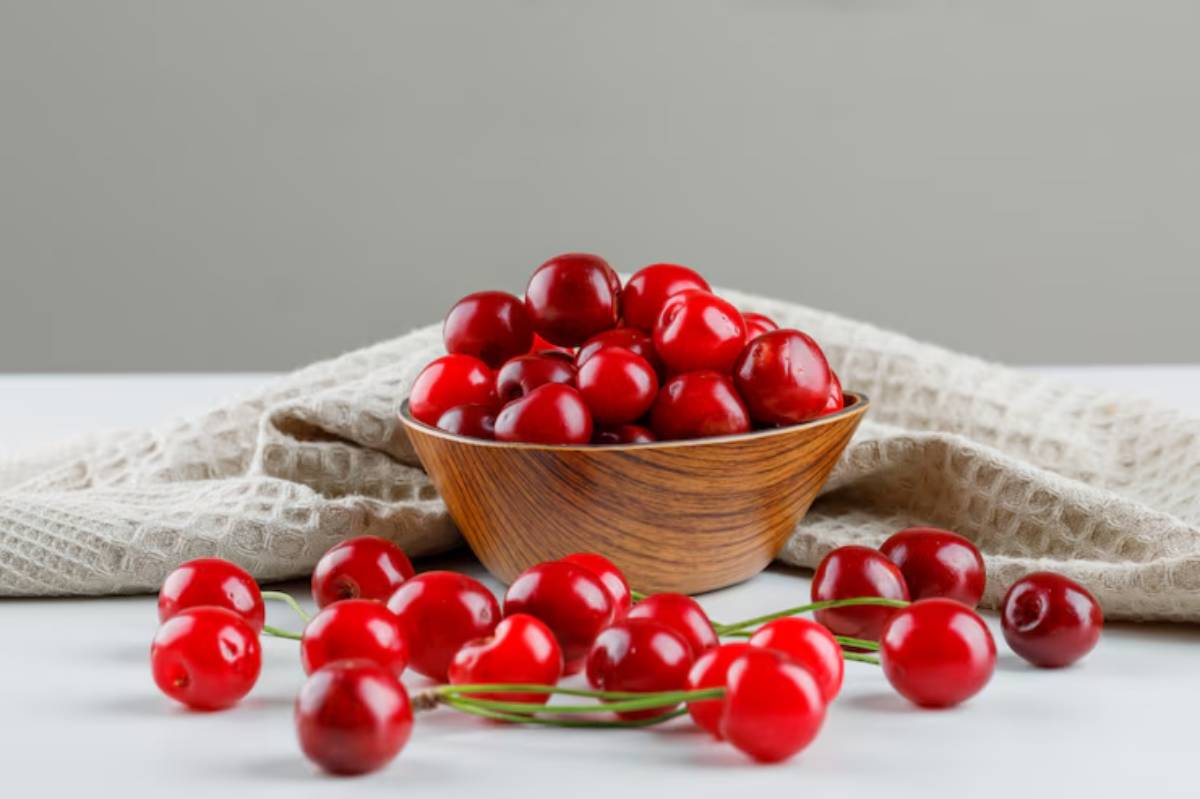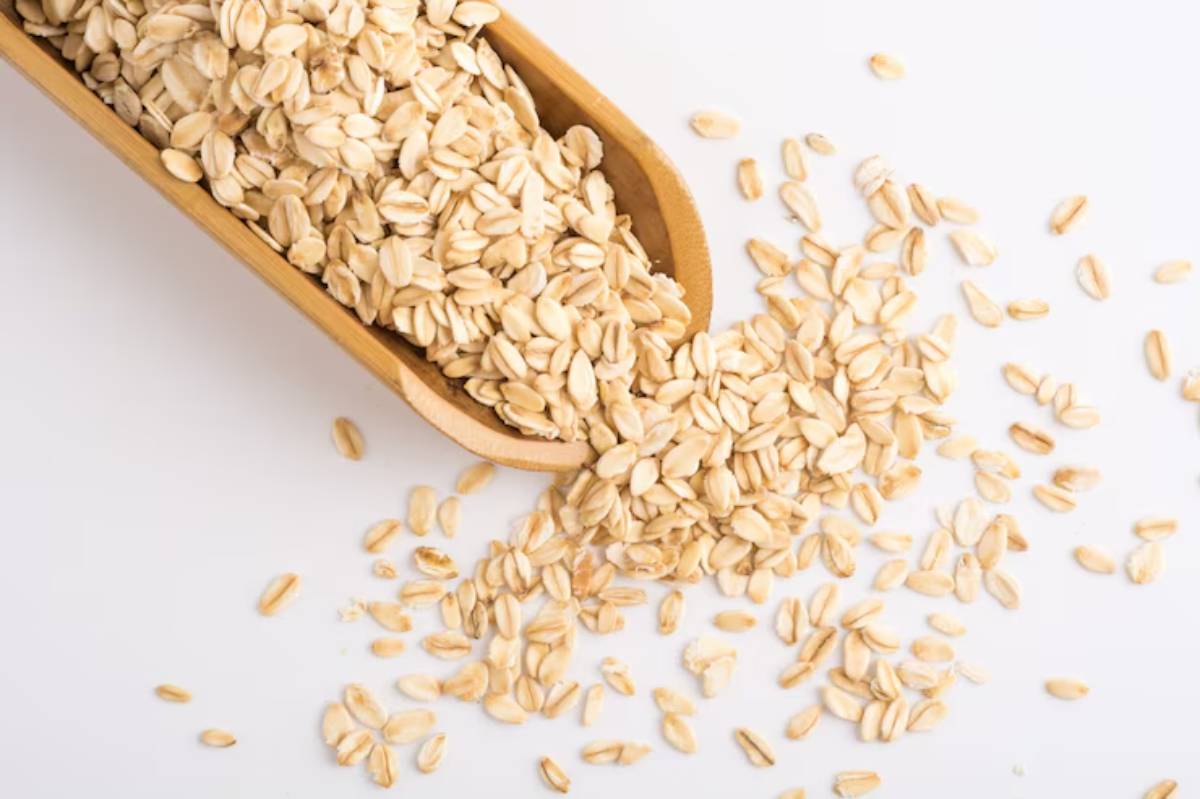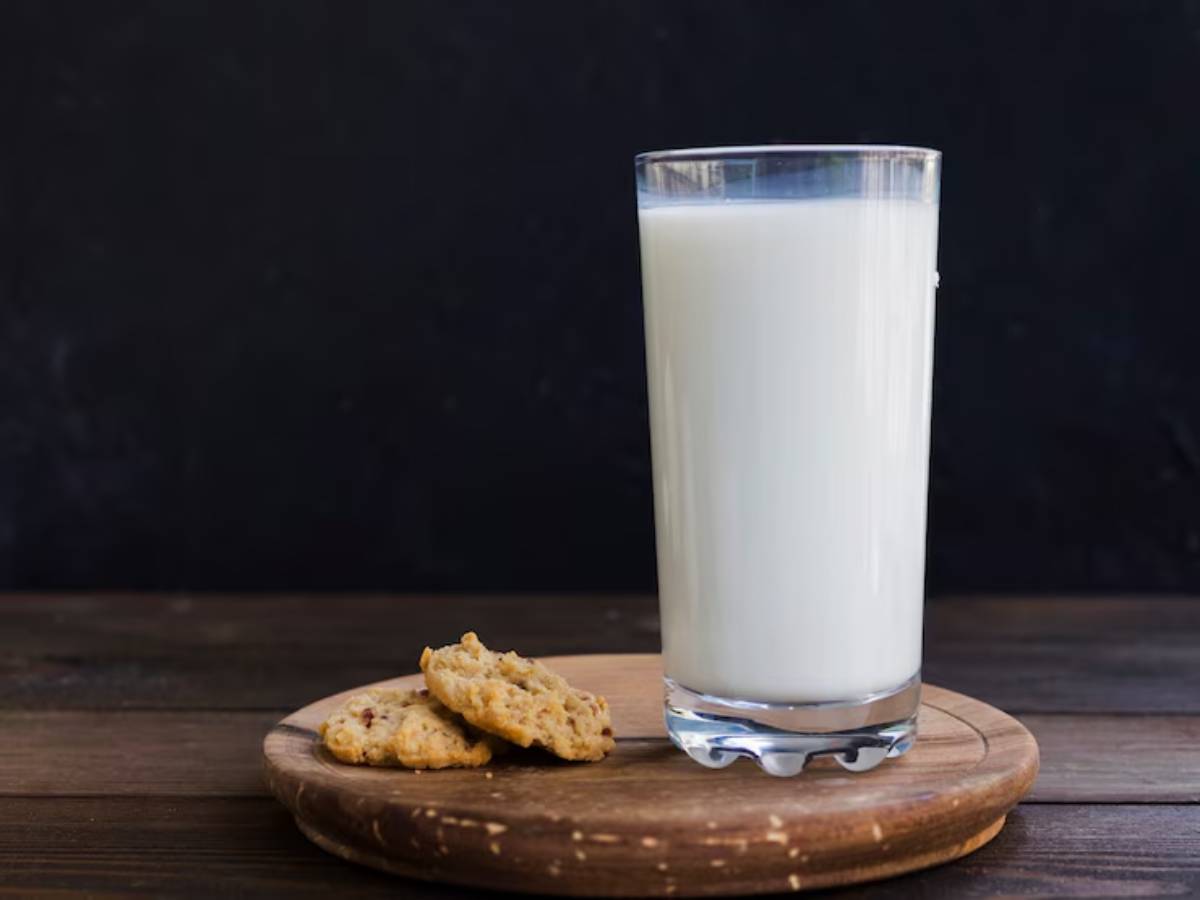The Health Blog

7 Foods That Naturally Promote Sleep
Do you often find yourself staring at the ceiling, wide awake, long after you’ve gone to bed? You’re not alone. In today’s busy world, getting a good night’s sleep can feel like an impossible task. From late-night scrolling to never-ending to-do lists, sleep often takes a backseat. But what if the key to better rest isn’t in a supplement or app — but in your kitchen?
The food you eat can have a surprising impact on how well you sleep. Certain nutrients help calm the body, relax the mind, and regulate your sleep cycle naturally. No side effects, no pills — just real, wholesome foods that support deep rest. This is the foundation of a natural sleep diet.
In this guide, you’ll discover seven of the most powerful sleep-inducing foods that can help you fall asleep faster and wake up more refreshed. They’re easy to find, simple to prepare, and — best of all — they taste great.
1. Tart Cherries – Nature’s Sleep Hormone Booster

You might not expect a fruit to improve your sleep, but tart cherries are special. They’re one of the only foods that naturally contain melatonin, the hormone your body produces to control sleep-wake cycles.
How They Help:
- Increase melatonin levels naturally
- Support longer and more restful sleep
- Reduce nighttime wake-ups
Try this: Sip a small glass (about 240ml) of unsweetened tart cherry juice an hour before bed. You can also mix dried cherries into yoghurt or oats for a late-night snack.
2. Bananas – A Bedtime All-Rounder
If you’re after a quick, healthy evening bite, bananas are a great pick. They’re rich in potassium and magnesium, both of which relax muscles and nerves. They also contain tryptophan, an amino acid that your body turns into serotonin and melatonin.
How They Help:
- Ease muscle tension
- Calm the nervous system
- Trigger the body’s natural sleep hormones
Try this: Eat a banana with a spoonful of almond butter, or slice it into warm porridge with cinnamon for a comforting pre-bed treat.
Anecdote: One reader shared how she started adding banana and almond butter to her evening routine and finally stopped waking up at 3 AM every night.
3. Almonds – Tiny Nuts With Big Benefits
Almonds might be small, but they’re packed with nutrients that support sleep. Just a small handful can provide around 20% of your daily magnesium needs, which helps quiet your nervous system and prepare you for rest.
How They Help:
- Regulate melatonin production
- Maintain blood sugar levels overnight
- Reduce inflammation linked to sleep disorders
Try this: Munch on a few plain, unsalted almonds an hour before bed, or sprinkle them on a slice of wholegrain toast with nut butter.
4. Oats – Comfort Food That Works Overtime

Oats aren’t just for breakfast. They’re full of complex carbohydrates, which help transport tryptophan into the brain more efficiently. They also contain melatonin, making them a double win for anyone struggling to fall asleep.
How They Help:
- Encourage serotonin release
- Stabilise blood sugar during sleep
- Create a calming effect on the brain
Try this: Make a bowl of warm oats with milk, banana slices, and a sprinkle of flaxseeds. Or prep overnight oats with cherries and almonds for a ready-made bedtime snack.
Tip: Adding a pinch of cinnamon boosts both flavour and circulation.
5. Kiwi – The Small Fruit With Serious Power
Kiwis are often overlooked, but they might be one of the most powerful foods for better sleep. They’re rich in vitamin C, antioxidants, and serotonin, which supports a calm mood and healthy sleep rhythm.
How They Help:
- Improve how fast you fall asleep
- Lengthen overall sleep time
- Support digestion and reduce bloating
Try this: Eat one or two kiwis about an hour before going to bed. No fancy prep required — just slice and enjoy.
Study Spotlight: In a study from Taiwan, participants who ate two kiwis before bed slept 13% longer and fell asleep 35% faster.
6. Chamomile Tea – Liquid Calm in a Cup
This one’s a classic — and for good reason. Chamomile tea is caffeine-free and packed with apigenin, an antioxidant that binds to brain receptors to reduce anxiety and promote sleepiness.
How It Helps:
- Soothes your mind and body
- Lowers mild anxiety levels
- Promotes deeper, more restful sleep
Try this: Brew a cup of chamomile tea after dinner and sip it slowly as part of your wind-down routine. For added calm, pair it with a warm foot soak or gentle stretching.
Extra Tip: Add a bit of honey and a splash of milk to turn it into a relaxing nightcap.
7. Warm Milk – Old-Fashioned but Still Effective

There’s a reason warm milk has been recommended for generations. It’s rich in tryptophan and calcium, both of which support the production of melatonin. The warmth also has a naturally soothing effect.
How It Helps:
- Boosts serotonin and melatonin production
- Promotes a relaxed feeling before sleep
- Supports bone and nerve health
Try this: Heat a cup of milk gently and add a pinch of nutmeg or turmeric. Sip slowly about 30–60 minutes before bed.
Note: For a plant-based option, try unsweetened almond milk or oat milk — they’re both magnesium-rich and calming.
Sleep-Smart Eating Tips
To get the most out of these sleep-supporting foods, timing and pairing matter just as much as the ingredients.
Quick Tips to Boost Results:
- Eat at least 1–2 hours before bed to give your body time to digest.
- Keep it light. Heavy meals can lead to discomfort and poor sleep.
- Avoid caffeine and sugar after 3 PM. They can disrupt your natural rhythms.
- Pair carbs and protein. This combo helps your brain produce more serotonin.
Real Life Tip: Try a small bowl of oats with milk and cherries at 9 PM. It’s a sweet, satisfying snack that won’t keep you up.
A Real-Life Routine: How One Reader Improved Her Sleep Naturally
Emma, a 42-year-old teacher, struggled with falling asleep after long, stressful days. Instead of turning to supplements, she revamped her evening routine. She added a banana-almond smoothie, stopped drinking coffee after 2 PM, and swapped her after-dinner treat for a kiwi.
Within two weeks, she noticed a dramatic difference. “I wasn’t tossing and turning anymore. I started falling asleep faster, and I woke up without that heavy, groggy feeling. Honestly, I didn’t realise how much food could affect my sleep.”
Her routine now includes:
- Chamomile tea after dinner
- A light snack with magnesium (like oats or almonds)
- Screen-free time before bed
Sleep Isn’t Just About What You Avoid — It’s About What You Add
We often focus on cutting things out of our diet to sleep better — less caffeine, less sugar, fewer late-night snacks. But what if the real magic comes from what you add?
By choosing sleep-inducing foods rich in magnesium, tryptophan, melatonin, and calming antioxidants, you can give your body the tools it needs to rest and recharge — the natural way.
You don’t need to overhaul your diet overnight. Start by adding just one of these foods to your evening routine and see how your body responds. Over time, these small changes can lead to deeper, longer, and more peaceful sleep.
Related Read: Explore the power of herbs in Top 10 Herbal Remedies for Better Sleep









